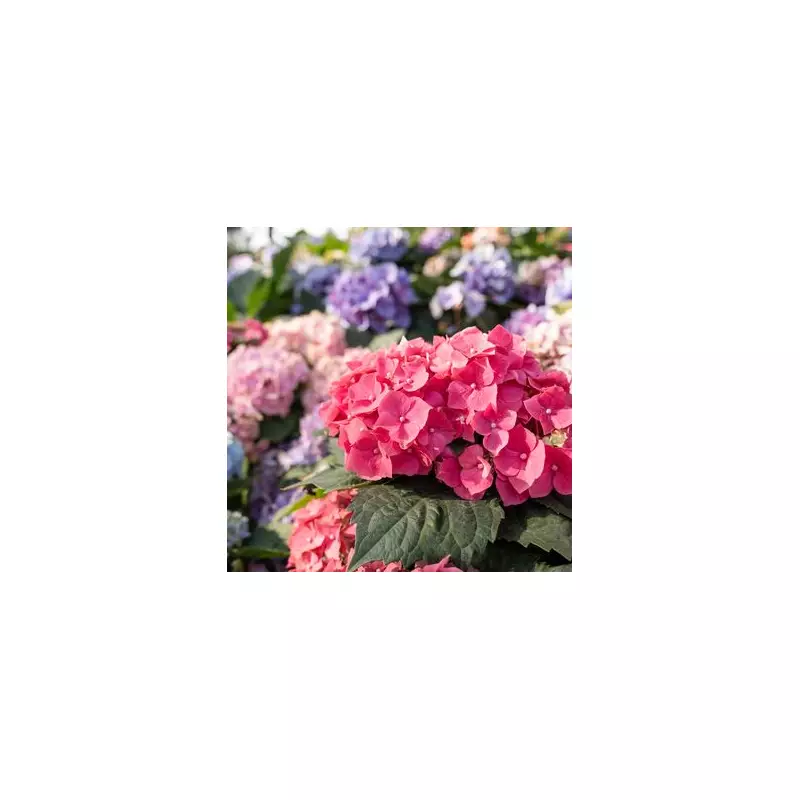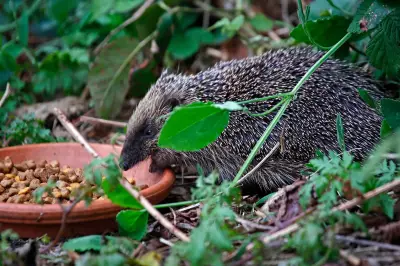
Hydrangea enthusiasts, take note! A simple watering error could be putting your beloved plants at risk. Gardening specialists are urging owners to avoid a critical mistake that may lead to wilting, disease, or even plant death.
The Hidden Danger in Your Watering Can
While hydrangeas are known for their thirst, the type of water you use matters more than you might think. Experts reveal that tap water - particularly in hard water areas - can gradually damage these acid-loving plants.
Why Tap Water Harms Hydrangeas
The issue lies in the mineral content. Hard water contains high levels of calcium and magnesium which accumulate in the soil over time, altering its pH balance. This chemical change makes it difficult for hydrangeas to absorb essential nutrients, leading to:
- Yellowing leaves
- Stunted growth
- Reduced flowering
- Increased susceptibility to disease
The Expert-Recommended Solution
For optimal hydrangea health, gardening professionals suggest:
- Using collected rainwater whenever possible
- Installing a water butt for easy collection
- Filtering tap water if rainwater isn't available
- Adding ericaceous compost to counteract hard water effects
Seasoned gardeners note that making this simple switch can transform your hydrangeas' health and vibrancy. The plants will reward you with more abundant blooms and richer colours throughout the flowering season.
Additional Care Tips for Thriving Hydrangeas
Beyond water quality, remember to:
- Plant in partial shade
- Mulch annually to retain moisture
- Prune at the right time for your variety
- Protect from late frosts
By avoiding this common watering pitfall and following these expert guidelines, your hydrangeas will flourish for years to come.






